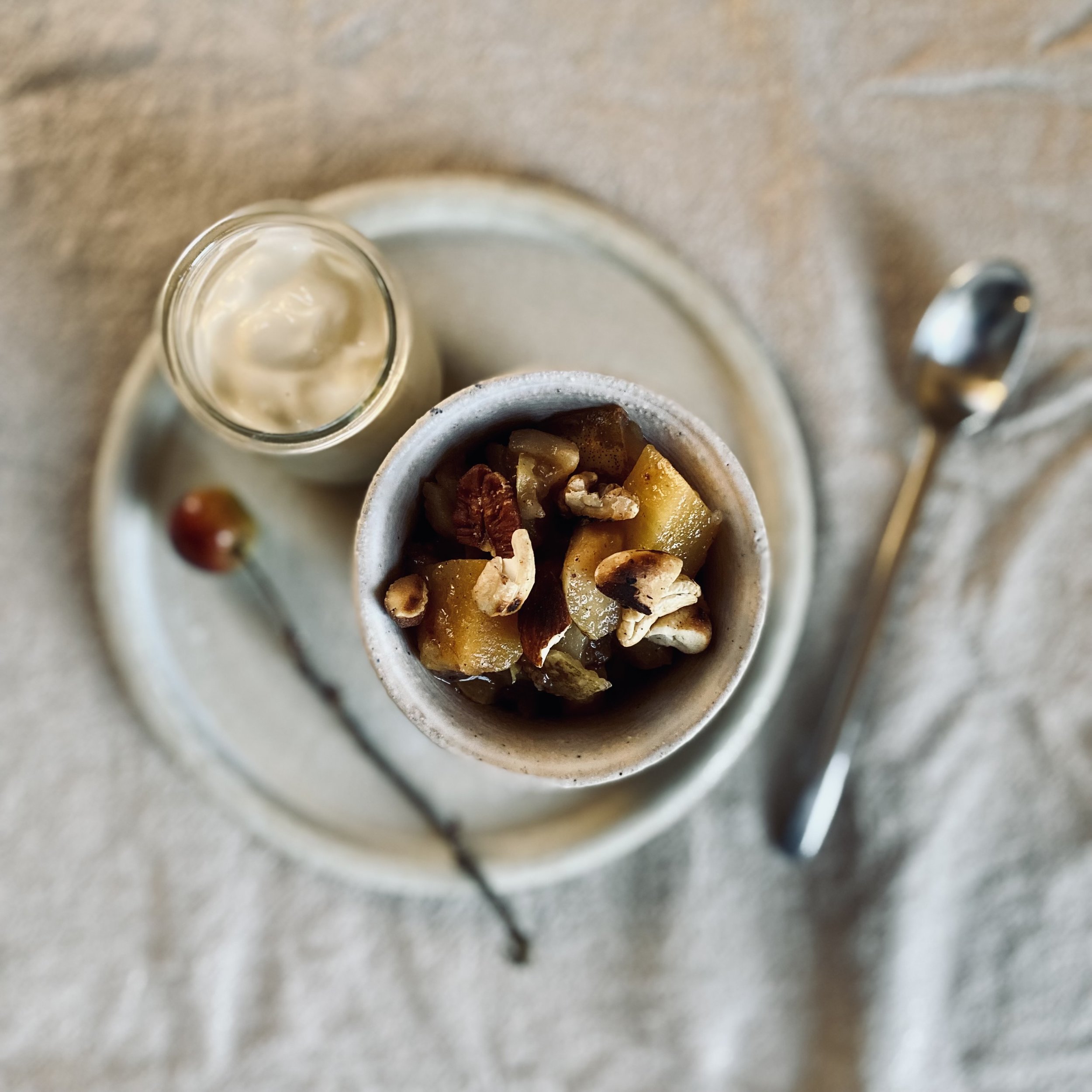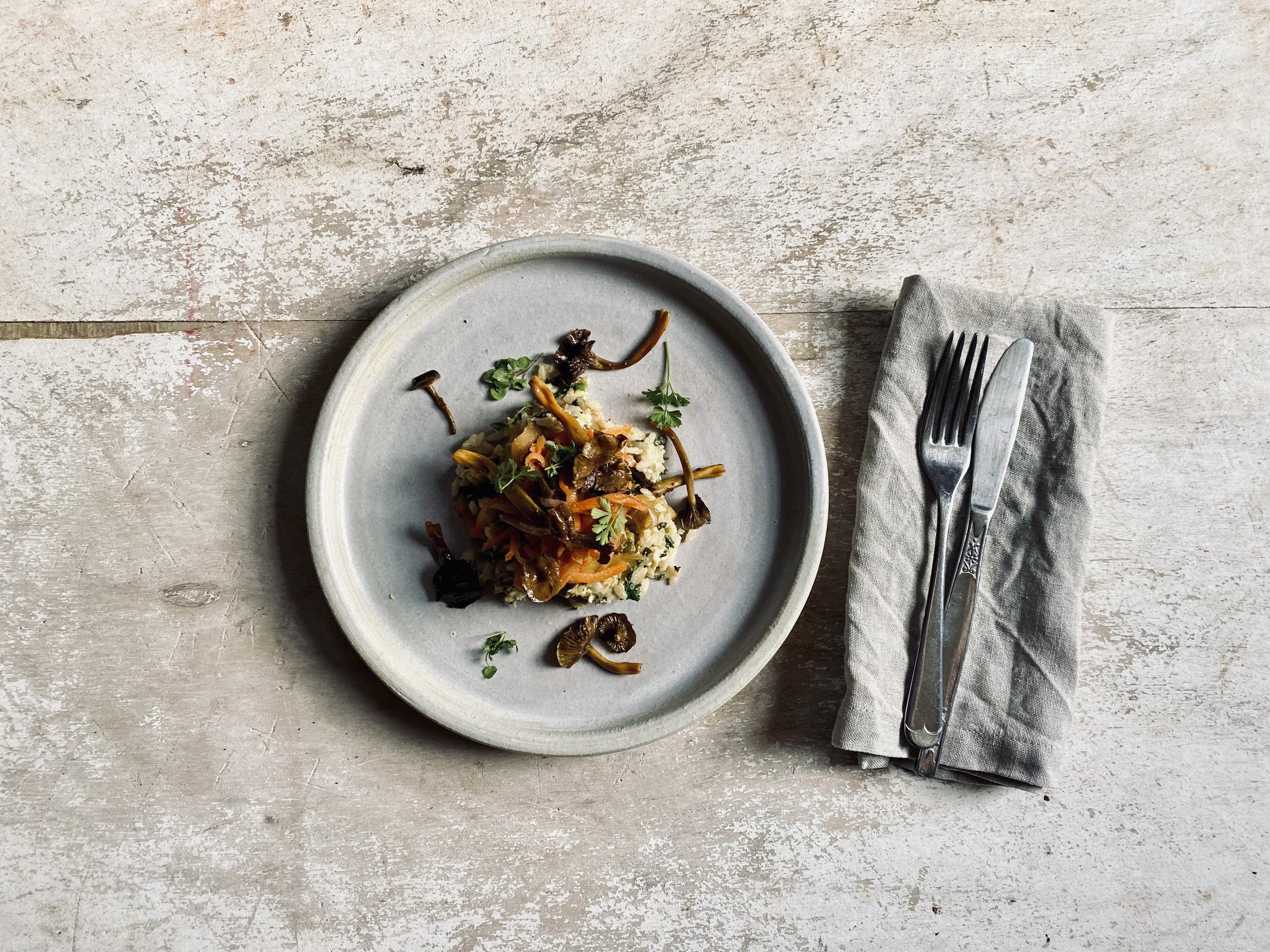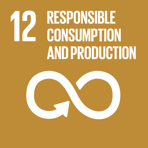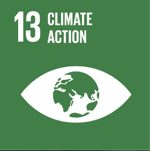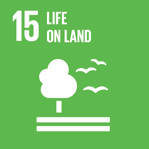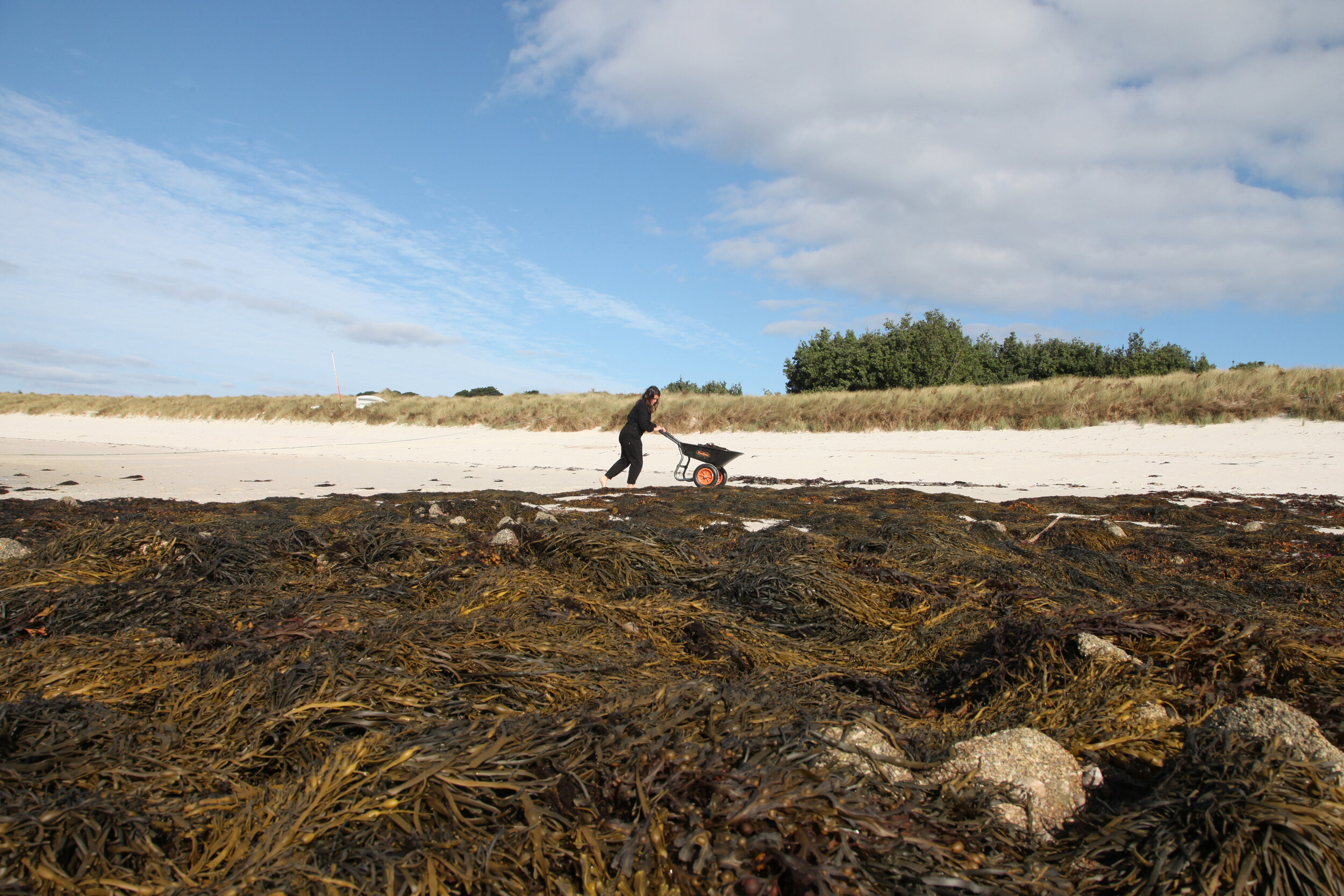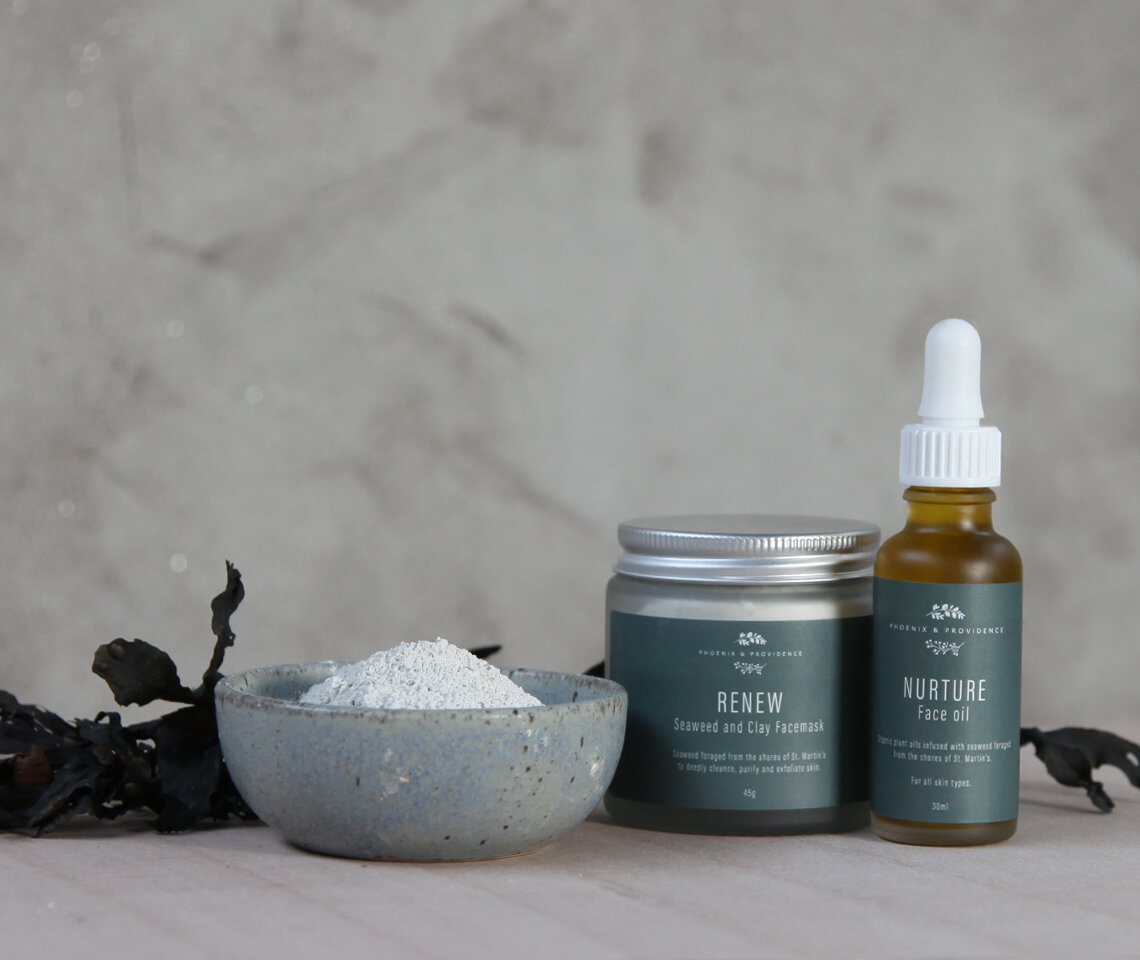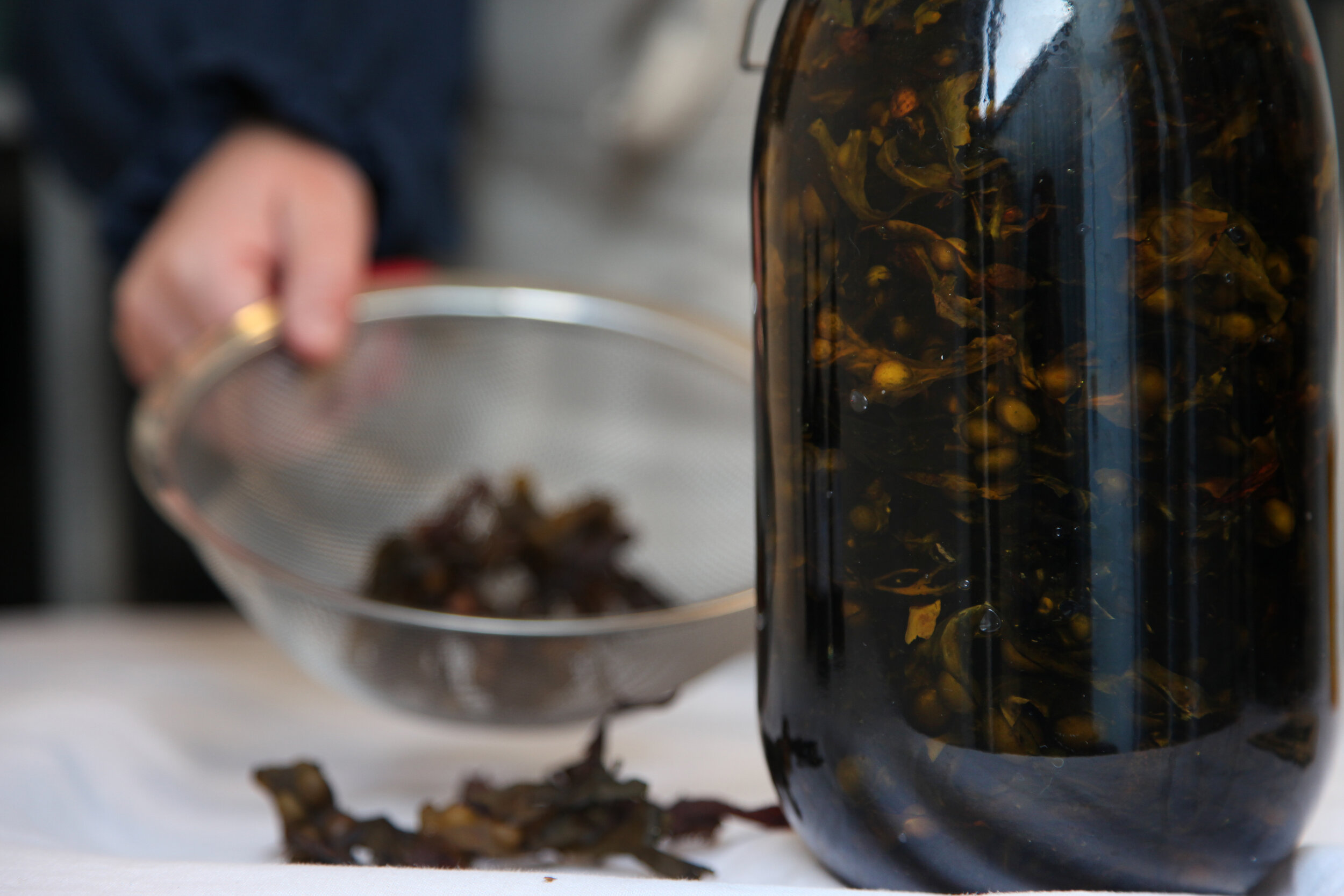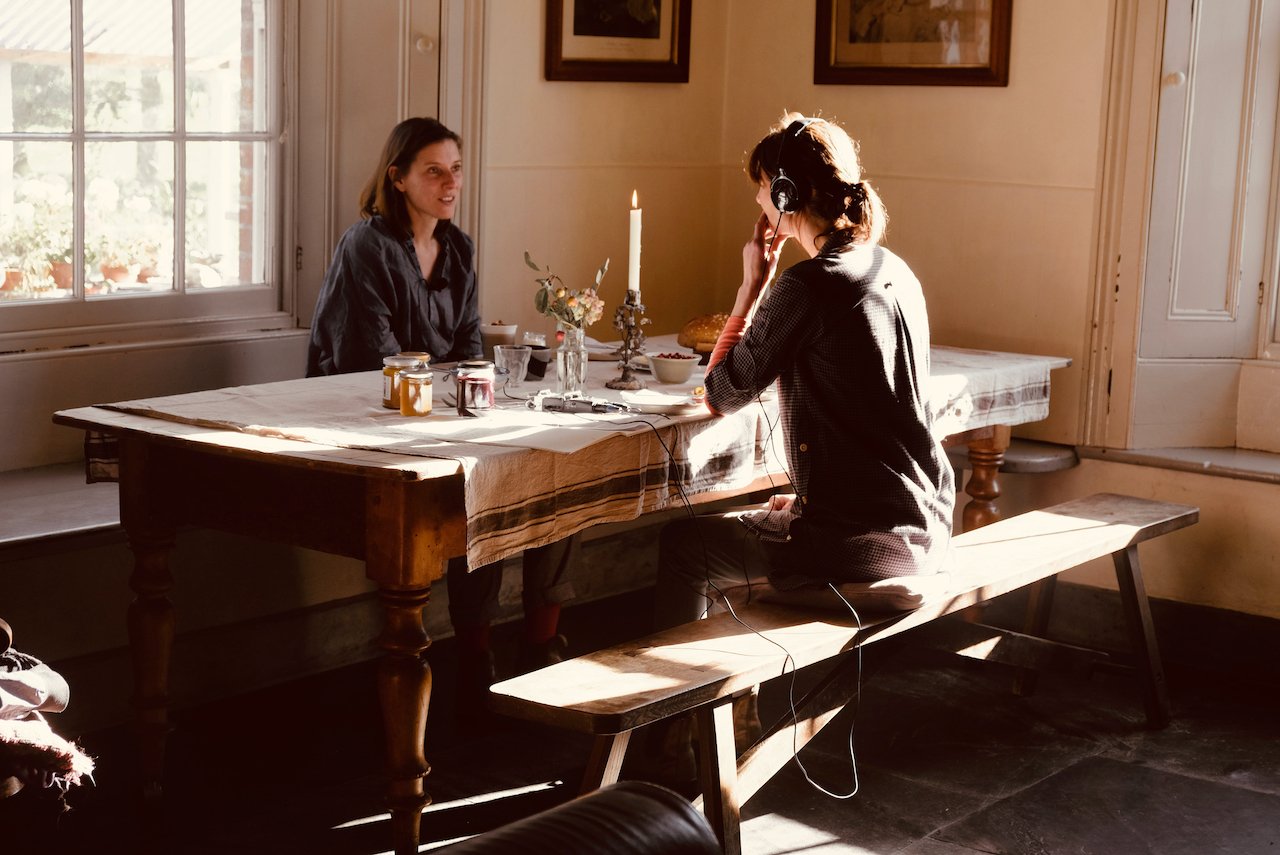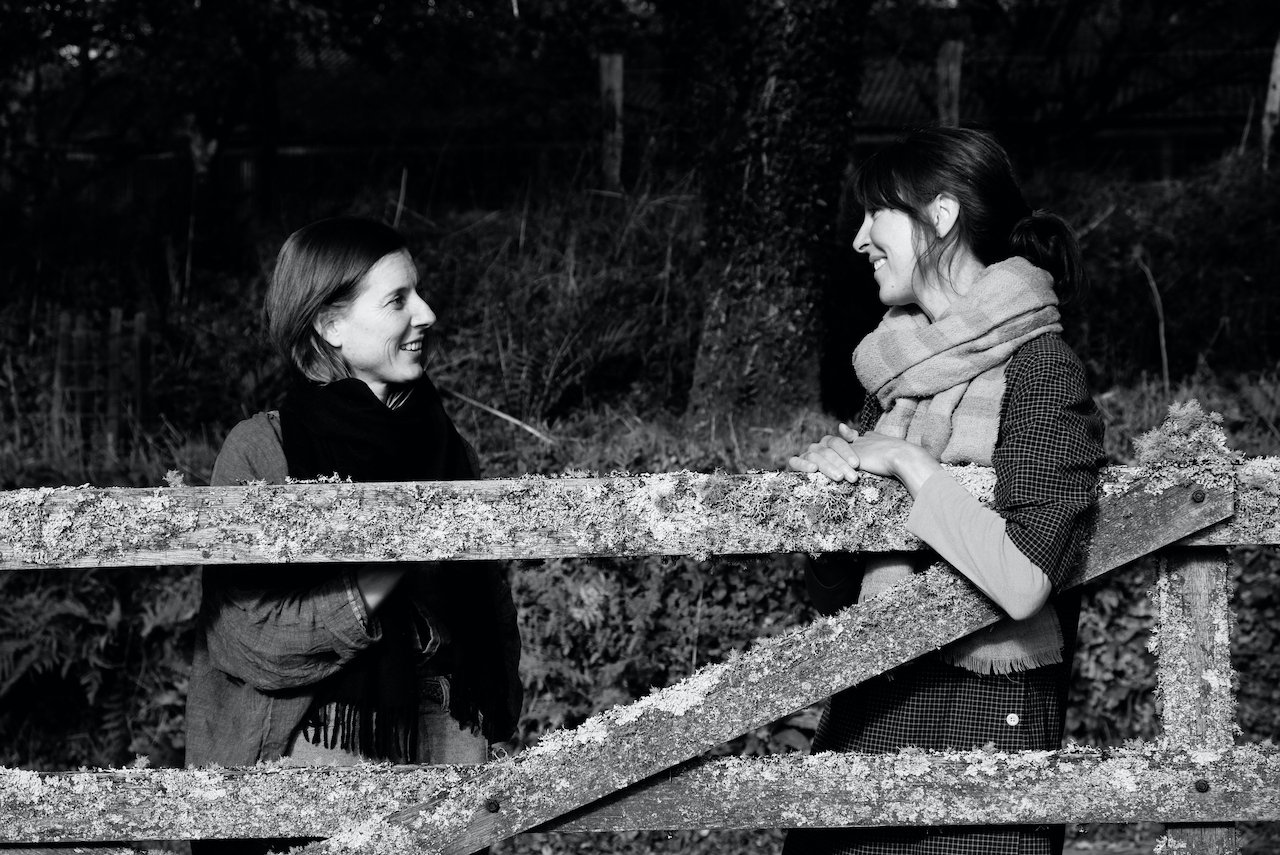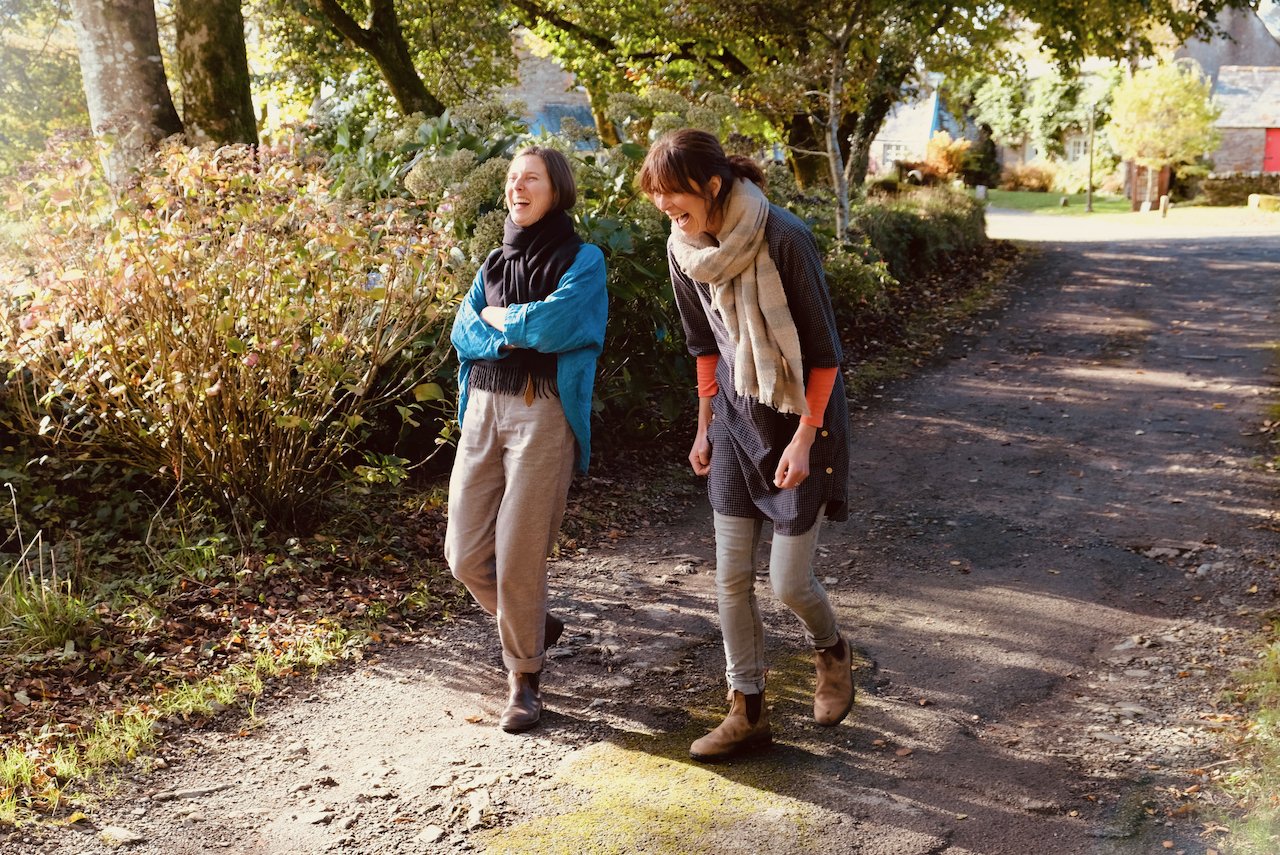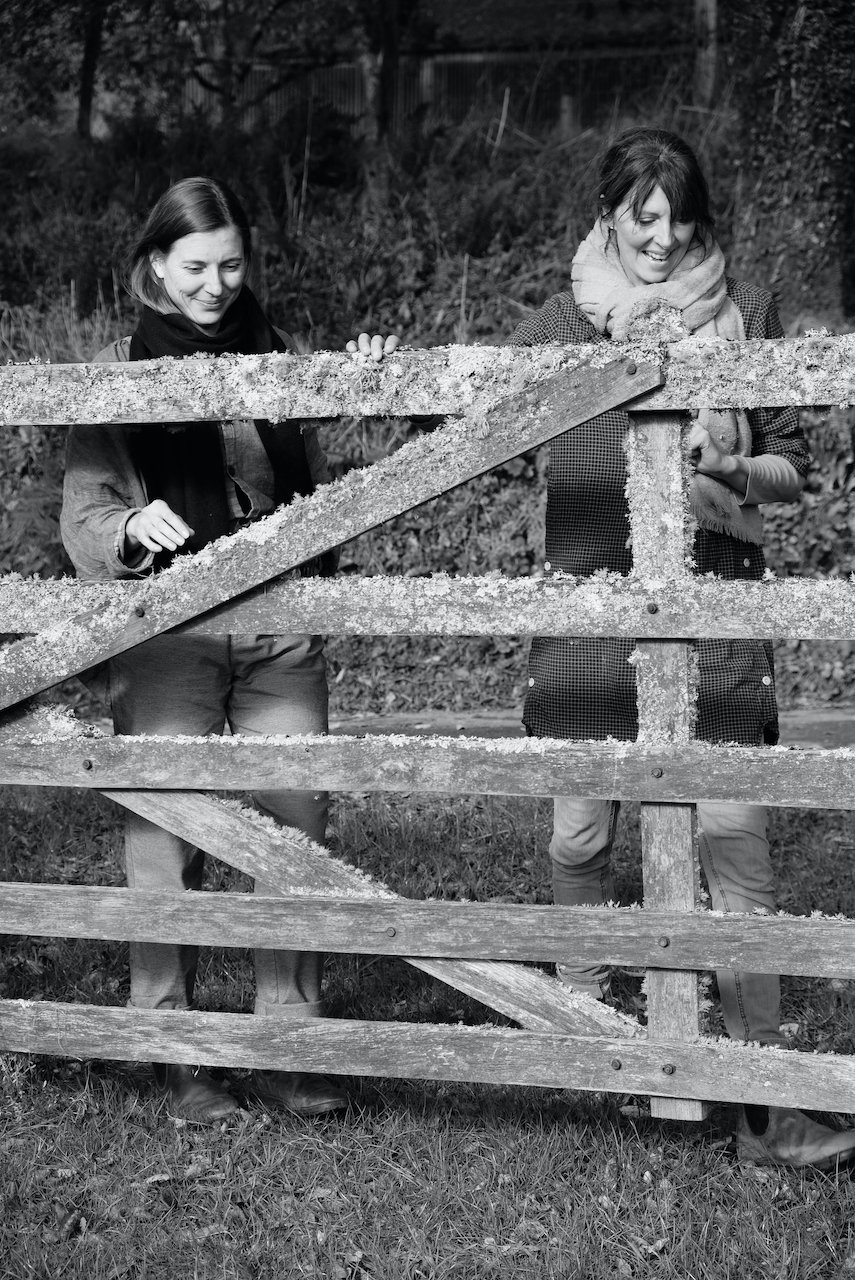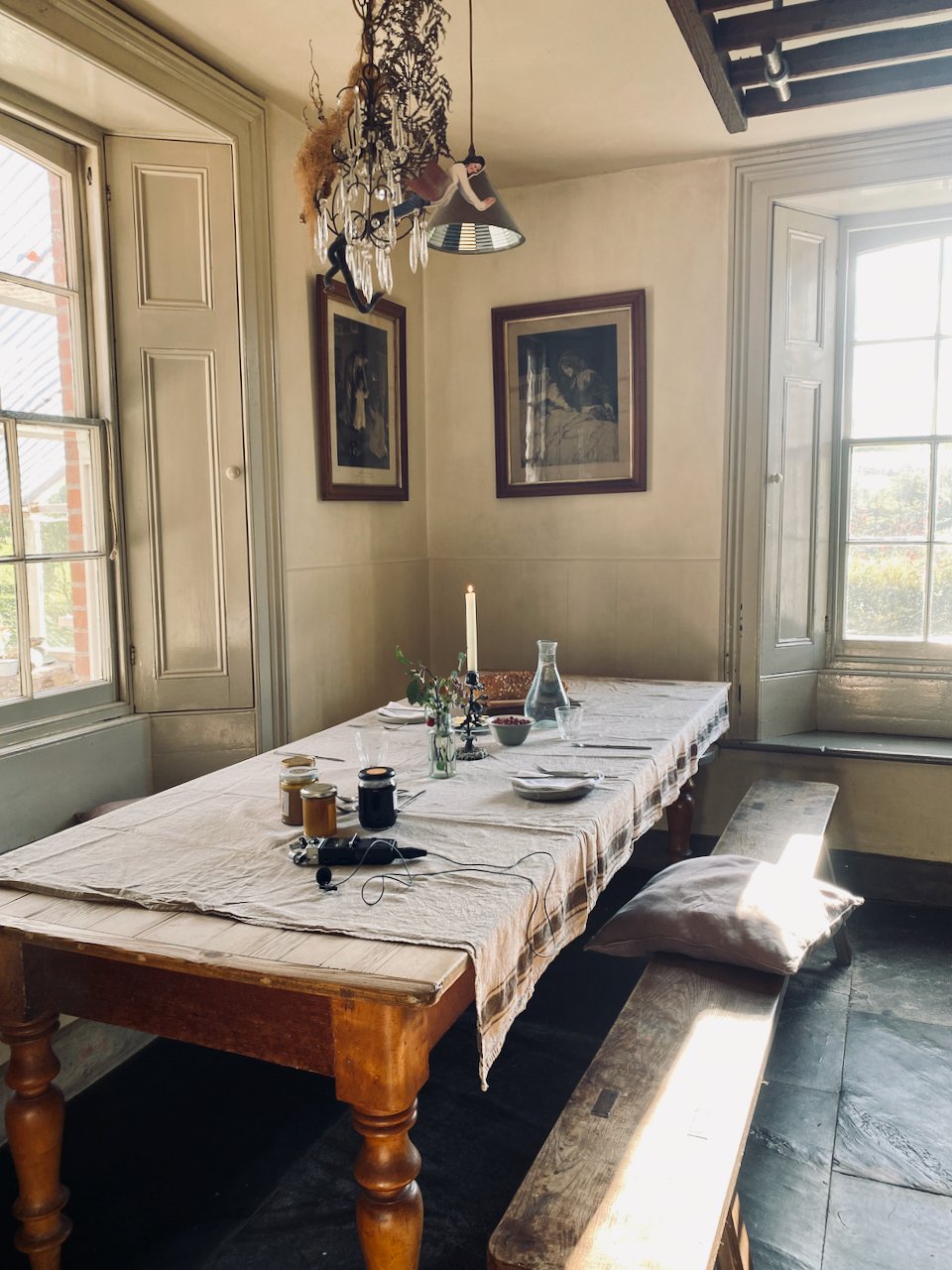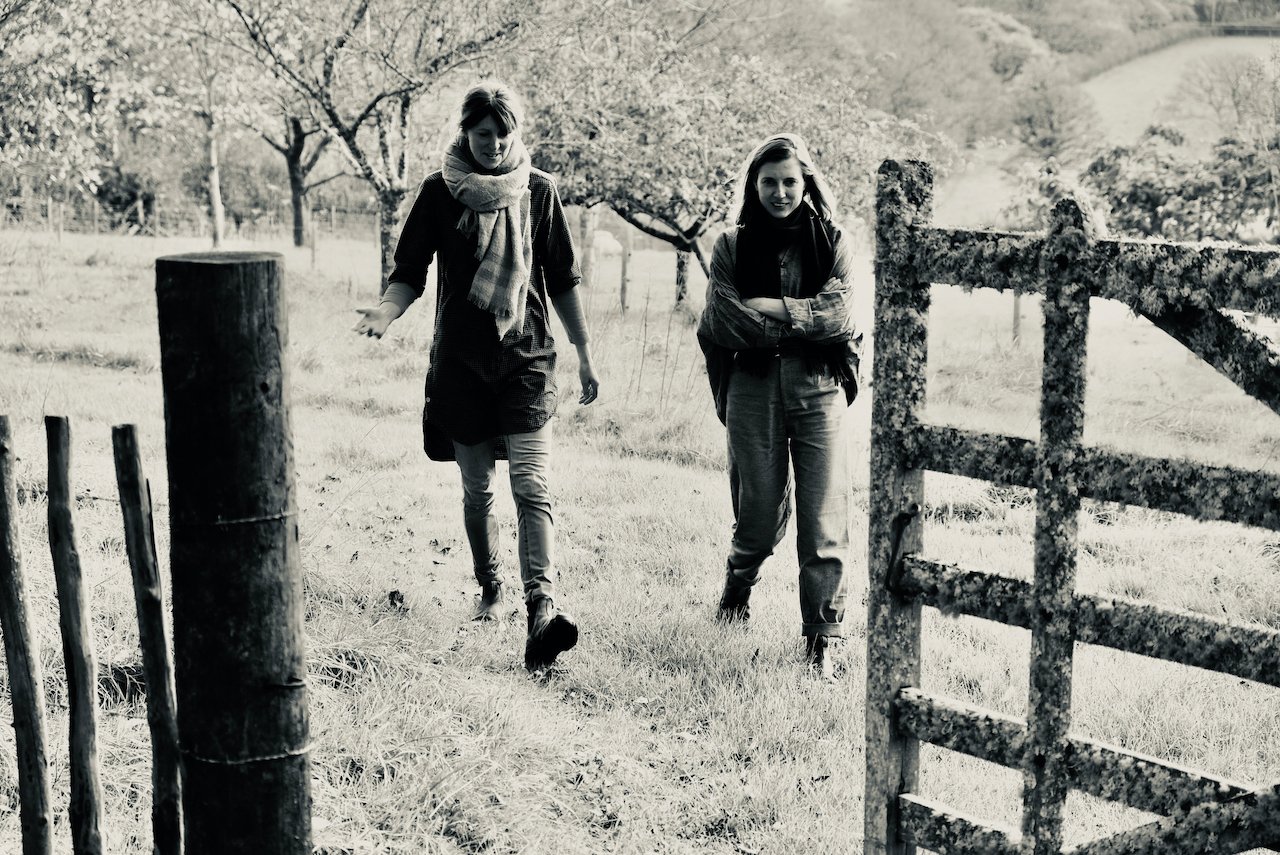Breakfast & Beyond - Episode 9:
Alex Geldenhuys of New Dawn Traders
For episode 9 I welcome to the breakfast table Alex Geldenhuys, founder of sail-powered cargo company New Dawn Traders. If you don’t think of ‘shipping’ as being your kind of topic, I’d urge you to think again; Alex is led by a radical, optimistic belief in the power of people to collectively do good by each other and the planet, and this transfers into an amazing organisational network that encompasses growers, producers and makers, boats and their crew members, and customers – from traders to individuals - based around the world.
This conversation is about climate action and cutting carbon within the global shipping trade. But it’s also about putting people first, supporting small-scale growers, challenging the whole system - or business model - of the global shipping trade, and creating connections between people and the environment to generate empathy and awareness, which in turn galvanises action.
“The health and wellbeing of the ocean has a huge impact on our climate resilience and the whole planet, and we don’t have a very visceral relationship to what goes on at sea anymore […] a large part of what we do is bring this issue into the public conscience because over the last 100 years, as a culture we’ve really turned our attention away from the ocean”
In the month when Cop26 took place, and there’s a common call for more radical thinking from policymakers - that the current system that puts economic growth first needs to be replaced if we are to live within our planetary boundaries - perhaps Alex’s unapologetic approach to not just reducing carbon emissions but constructing systemic change is exactly what’s needed .. and leads to the question of how this approach can be translated beyond the shipping sector to our own work and personal lives?
Jump on board and join us for Episode 9 of Breakfast & Beyond… listen via Apple Podcasts, Spotify, Stitcher & Tune-In
Breakfast: recipes, producers & growers …
Pumpkin & Apple Compote (see recipe)
Breakfast Fried Rice with Kimchi & Mushrooms (see recipe) using rice imported under sail by New Dawn Traders, Kimchi from Newlyn Fermantary and Mushrooms from Bello Wild Food
Chilean guava berries and fresh mint leaves from Botelet garden
Yoghurt & butter from Trewithen Dairy
Seeded sourdough from Baker Tom’s
Milk from Green Cow Dairy and Oatley
Tamar Valley honey, sourced via Green Cow Dairy
Home-made Blackberry Jam
Freda’s peanut butter, sourced via Colwith Farm Shop
Elderflower Jelly made by Gathered Botanicals
Sail ship coffee, roasted by Yallah, travelled by New Dawn Traders
Tea by Tregothnan
Linking up: referenced in episode 9 ..
Argal Home Farm - communal home/work environment in west Cornwall where New Dawn Traders is based
Yallah Coffee - roasting the beans shipped over by New Dawn Traders · Francli Craftwear - hand-crafted functional wear · James Smith Designs
Cut by Beam - laser cutting, based at Argal Home Farm · Sarah Johnson - clothes maker based in Cornwall, Alex wears a top made by Sarah
45 Queen Street - beautiful warehouse-style cafe/bar in Penzance run by the lovely Hannah & Sam · Henry Weaver Designs - hand-woven homeware and clothing
Falmouth Food Co-op · The Cornish Bank - events venue in Falmouth
Blue Schooner Company - collaborators with New Dawn Traders who charter their boat The Gallant to sail cargo
Earth Rise Studio · International Windship Association · Hawila Project · Eco Clipper
Sustainable living issue: the shipping trade
It’s easy not to realise the extent of the global shipping trade - 90% of what we consume in the UK is imported, with the majority being shipped (Guardian). Alex Geldenhuys of New Dawn Traders makes the point during our conversation that much of the global shipping industry is hidden from view, involving large-scale industrial ports that are inaccessible to most, vast shipping vessels carrying containers which in themselves can cause environmental and social issues; they can be dangerous to handle, especially in rough weather, and there are numerous examples of containers being lost at sea which endangers both marine life as well as human life by creating risk to the safety of passengers and crew. A snapshot of the sustainability issues concerning the global shipping trade is given below:
The global shipping industry accounts from between 2 and 3% of global green house gas emissions, which puts it on a par with Germany (World Economic Forum)
“Shipping produces more carbon emissions than most countries and pollutes the oceans” (iNews)
“Today, there are more than 50,000 merchant ships transporting all kinds of cargo between 150 nations and manned by more than a million international seafarers” (World Economic Forum)
‘The Future of Shipping’ - Season 2, Episode 50 of Outrage & Optimism - one of my favourite podcasts, do subscribe if you’re interested in keeping abreast of climate issues. This episode discusses the scale of the shipping industry and outlines steps that are being taken to decarbonise.
It’s thought that around 10,000 shipping containers are lost at sea each year, however there is a lack of transparency and reliable data (from article ‘Lost at Sea: How Shipping Container Pollution Affects the Environment’)
Spillages of fuel oil from shipping vessels can have devastating impacts for coastal communities (Greenpeace)
“Many cargo ships still use “bunker fuel”—the sludgy dregs of the petroleum refining process. The noxious blend is dirt-cheap, making it possible to charge next to nothing to ship goods internationally” (Wired)
Words to action: what can we do?
Buy less; the less we buy (especially new), the less of an environmental footprint we generate in the manufacturing and shipping of the items we consume.
Buy locally where possible, especially perishable goods which often otherwise require shipping by air freight which increases the environmental footprint.
Support independent growers, producers and makers where possible. Look out for ‘Fairtrade’ and ‘Organic’ labels - although interesting that many of the New Dawn Traders products (which you can view through their online shop) are farmed using regenerative, organic methods even though they have not gone through the certification process.
Alex makes the point that farmers are the custodians of the land and - especially in the global south - are on the front line of climate change. Seek out products that support small-scale, regenerative growers.
Support low-carbon modes of goods transportation such as through New Dawn Traders and other Voyage Co-operatives.
As the shipping industry decarbonises, look out for ways in which you can support ‘green’ shipping and transportation of goods by choosing where you source your products from.
Seek out the story behind what you are buying - it takes more time, but increases the value we place on the items we consume, and makes us more likely to invest in quality, throw away less and require less.
If a company isn’t meeting the sustainability standards that you would hope for in regard to how they ship the goods they sell, contact them and let them know that you as a consumer care about these issues, along with the changes you would like to see.
Get involved with campaigns (keep an eye on Non-Governmental Organisations such as Greenpeace) and contact your MP setting out your concerns, and actions you would like to see happen.
Remember: small individual steps do, collectively, make a difference. Do what you can, and talk about the issue of sustainable shipping with those around you. We are all influencers within our own social networks!
Sustainable Development Goals
The UN’s Sustainable Development Goals (SDGs) are 17 targets representing a universal call to action to end poverty, protect the planet and ensure that all people enjoy peace and prosperity by 2030. ‘Everyone is needed to reach these ambitious targets. The creativity, knowhow, technology and financial resources from all of society is necessary to achieve the SDGs in every context’ (UNDP). Translating these global objectives to tease out their relevance at the individual and small-organisational scale can inspire us to connect with these important global themes and consider what we are doing - and what more we can do - to make a contribution that supports our own work and wellbeing along with benefiting other people and the planet.
In Episode 9 our discussion referenced the following Sustainable Development Goals:
8 - Decent Work and Economic Growth - New Dawn Traders creates a trading system whereby people are paid appropriately through the supply chain; Alex’s priority is supporting the small-scale farmers whose produce they ship by sail to the UK.
9 - Industry, Innovation & Infrastructure - Although the technology used to transport the cargo that is sailed via New Dawn Traders is age-old - wind-powered sailing vessels - Alex is creating innovative modes of business based on co-operative models, and is working to create physical and administrative infrastructure to support low-carbon trading systems.
12 - Responsible Consumption & Production - despite being a company that exists to promote global trade, New Dawn Traders uses the strapline ‘Buy Less, But Better, Buy Local, By Sail!’ to encourage conscious consumerism, and promotes responsible consumption and production by trading in high quality goods that are grown with environmental and social care, along with taking account of using non-plastic packaging on products.
13 - Climate Action - New Dawn Traders offers goods shipped by wind power to reduce carbon emissions, taking direct action to reduce climate change and offer a model of global shipping without the high levels of pollution, and where people through the supply chain are supported, including small-scale farmers in the global south who are on the front line of climate change.
14 - Life Below Water - marine life is affected by the global shipping industry; by pollution caused by oil leaks, lost containers, bunker fuel, emissions due to manufacturing and movement of vessels, changes to marine ecosystems where industrial ports are created, along with being deeply affected by climate change in general and the amount of waste that ends up in the sea from non-biodegradable products that are bought and then discarded.
15 - Life on Land - By seeking to reduce carbon emissions and the pollution that is derived from the global shipping industry, there are knock-on effects not only for marine life but for life on land, for example in relation to air quality, and the reducing the marine pollution that affects coastal areas.
Episode 9 Supporter
Ella Mclachlan, founder of Phoenix & Providence
Episode 9 is brought to you with the kind support of organic skincare company Phoenix & Providence. Based on the Isles of Scilly just off the coast of Cornwall, Ella Mclachlan’s range is inspired by her love of sea swimming, created using kelp which she harvests from the beautiful beaches at low tide, then infuses in organic, cold pressed oils for a full lunar cycle.
Ella says, “For me, sea swimming has been a way to find some time for myself as a busy mother of two, to reconnect with nature, to create some headspace and come home to my heart. It’s where Phoenix & Providence began, with a desire to bottle the post sea swim skin glow.”
Seaweed is packed with vitamins K, B, A, and E, that help improve skin tone, texture, and elasticity. High in Vitamin C, these natural antioxidants promote collagen production which help plump skin and smooth fine lines. Seaweed is also replete with humectants, which help skin hydrate and retain moisture.
Ella is offering a 10% discount on all of her products - which include face and body oils, face masks, soaps, body balms, bath salts and more - for listeners of Breakfast & Beyond, simply add the code BREAKFAST10 as you check out at www.phoenixandprovidence.co.uk.
You can also receive a free Seasonal Self Care Rituals guide when you sign up to the Phoenix & Providence mailing list - simply scroll down to the bottom of the page. You can also find Phoenix & Providence on Instagram.
Thank you very much to Ella of Phoenix & Providence!
Podcast recording: behind the scenes …
Thank you for listening!
Thank you for listening to Breakfast & Beyond: Conversations from Cornwall on Sustainable Living. If you enjoyed listening I’d love it if you could subscribe to the podcast, rate it, and share episodes with friends and family who would enjoy them. You can listen and subscribe via Apple Podcasts, Spotify, Tune-In or wherever you find your podcasts.
I’d love to know your thoughts - please join the conversation and get in touch by email tia@botelet.com or instagram. Thank you and I look forward to sharing the the next episode with you!
The Breakfast & Beyond podcast is hosted at our home Botelet Farm in South East Cornwall, where my husband’s family have lived and farmed for over 150 years, and three generations still share the farmhouse today. Set in a peaceful valley upstream of Fowey, we welcome visitors to stay in historic cottages, and there’s a yurt for those who love to immerse themselves in nature.

